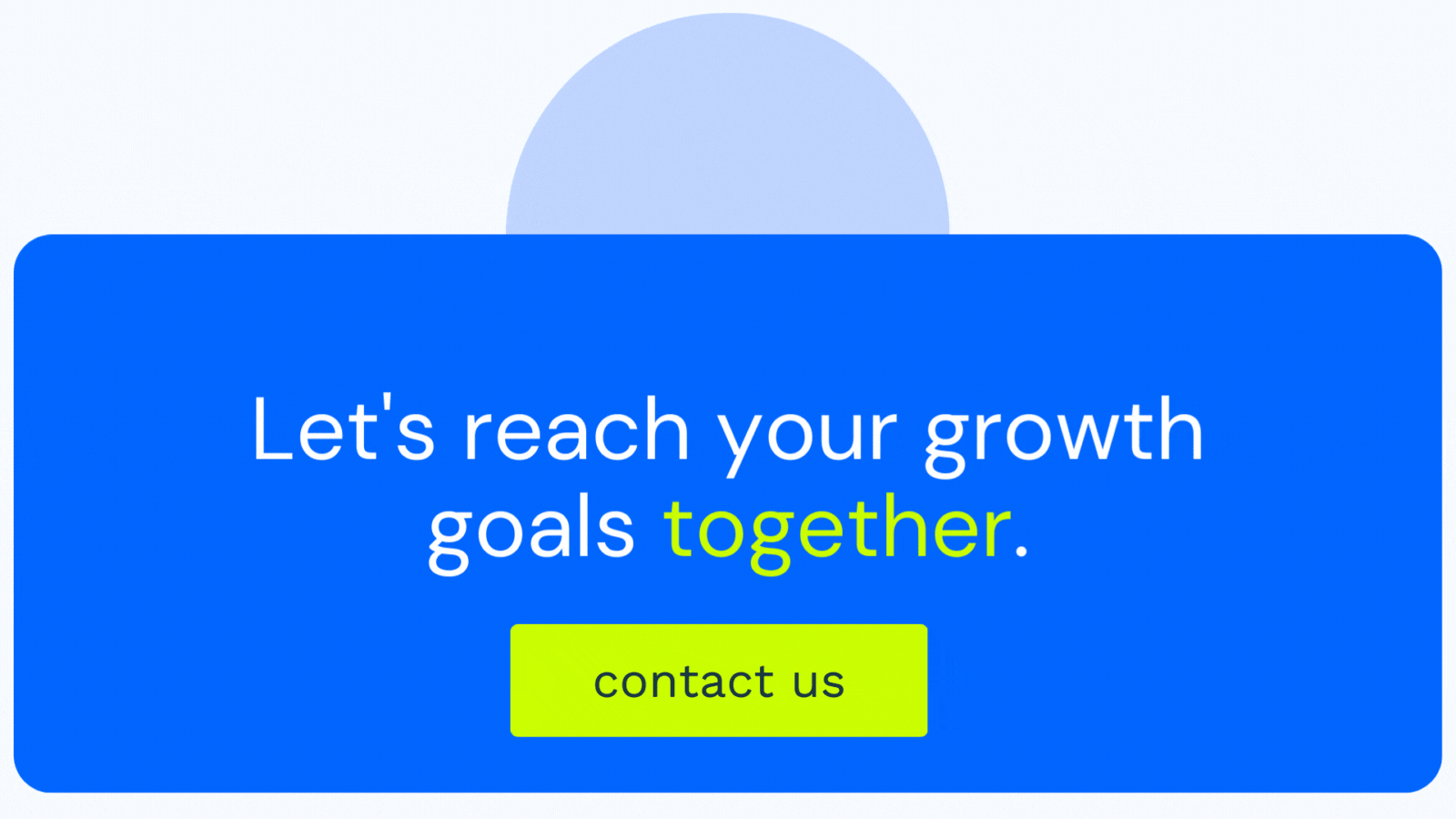Regrettably, unlike paid media, organic traffic cannot be bought. While there are certain aspects that can be controlled, not all of them are within your power. It's frustrating to acknowledge that you have limited control over the results, as they ultimately lie in the hands of the mighty Google gods.
So, with this in mind, we have created a list of all the things you can't control in SEO and all that you can.

Can't control
Meta Descriptions/Title Tags
Google has been changing or pulling meta descriptions from your site for a long time now, but it can also change your title tag if it is deemed not good enough. According to Search Engine Land, Google changes more than 61% of title tags and about 63% of meta descriptions according to AHrefs. This can be rather frustrating for SEO users who spend time crafting the perfect metadata for a page.
One thing to note is that a change doesn't mean that the entire title tag or meta description has been changed, it can be as small as a single word. But with that being said, they can also rewrite it in its entirety if deemed necessary.
Sitelinks
While you can control sitelinks with Google Ads, you do not have the same control when it comes to organic results. You can influence them here and there through noindexing, site structure, or internal linking. Sitelinks are important as they take up more space on the SERP and make your site stand out more than the others.
Results/Indexing
While it can be an annoying struggle, you cannot control how fast or at what place the website pages rank. If you launch a website redesign, you can suffer for months of bad ranking/performance to jump back up once your website fully indexes and ranks. Google has complete control over ranking results.
The only area of ranking you can control is what doesn't rank through noindexing; even with this, Google can still decide to rank something.
If you want to know if any of your pages you don't want to index are being indexed, you can find that data within Google Search Console.
Featured Snippets
This is a vast area of SERPs because while sitelinks take up extra space on SERPs, a featured snippet takes up even more space. It is not only in the number one spot but also helps you know that the content you're creating delivers what Google and the user want.
You can try to do specific things to rank for a featured snippet, such as a bulleted list, a bolded website, etc. None of this means you are guaranteed to get the coveted spot of a featured snippet.

Can control
Content
While Google can change almost everything on the SERP, it cannot directly change anything on your website. This means what is on your website should be the best of what you have to offer, as it is also a crucial area of ranking. Content is king and should never be overlooked.
Content also refers to the headers on your site, as they are an important part of your site structure. Your H1 can also influence your title tag if Google decides to rewrite yours.
Technical Optimizations
The technical part of SEO is one that can be overlooked at times but is just as important as the content side of things. I am referring to technical optimizations, including broken internal links, 404 errors, missing alt text, and HTTPS.
Good technical site health is important because it helps search engines understand and index your website. If your website isn't performing well from a technical standpoint, it will be more difficult for search engines to rank it, likely leading to lower conversions and organic traffic.
Mobile Friendly & Core Web Vitals
Complying with core web vitals and having a mobile-friendly site is critical to SEO nowadays. It cannot be overlooked in particular because Google cannot change this area of your site; only you have control. Core web vitals include the largest contentful paint, first input delay, and cumulative layout shift, while mobile-friendliness is about how well a user can interact with your mobile site.
Conclusion
While it may seem like there is much stuff you cannot control within SEO, it is essential not to stress them too much and focus on what you can. Especially with more recent Google algorithm updates, the areas you can control are more of what Google is focusing on to determine the SEO value of your site.

%20(5).png?length=320&name=_Blog%20Covers%20ENG%20(NAM)%20(5).png)
